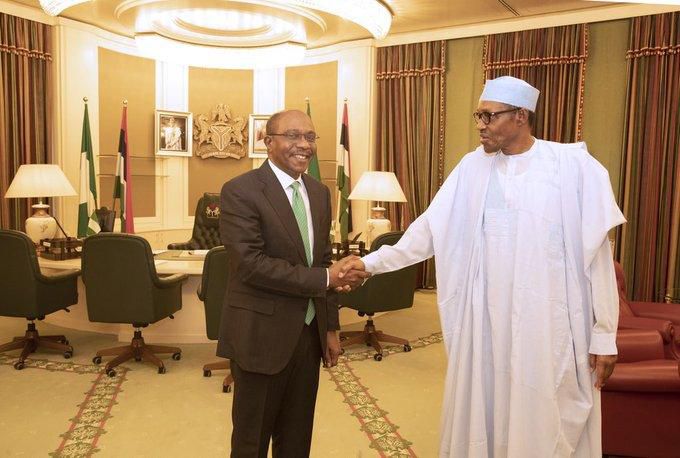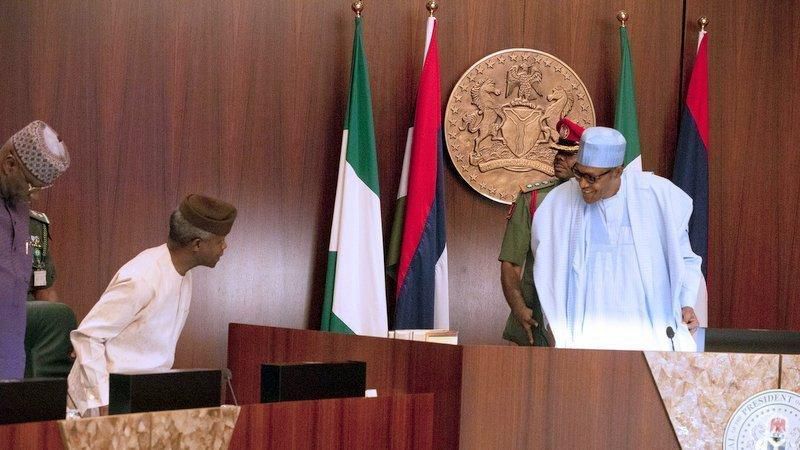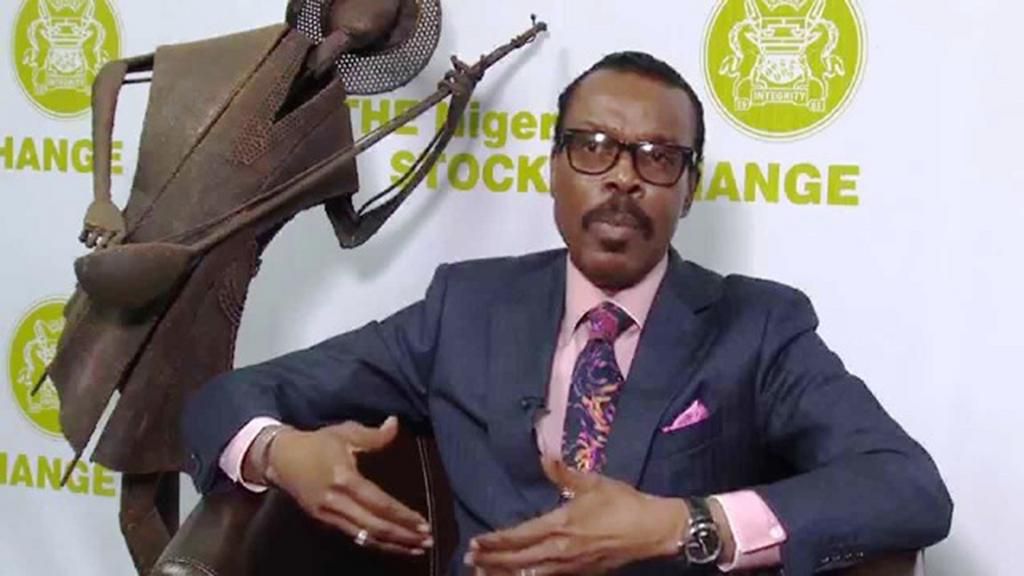Pulse Explainer: Here’s what President Buhari’s Forex ban for food imports actually means
![President Muhammadu Buhari [Twitter/@BashirAhmaad]](https://image.api.sportal365.com/process/smp-images-production/pulse.ng/13082024/5a893aae-9fcd-4135-95e8-1ac1bf63420b?operations=autocrop(700:467))
If you are a businessman or businesswoman in Nigeria who depended on the banks for foreign currency so you could import food items into Nigeria, President Muhammadu Buhari has essentially rained on your parade.
How so? Follow this explainer to the very last letter and you will be just fine.
No more Forex for importation of food into Nigeria
Forex is essentially a shorter way of saying ‘Foreign Exchange’ and getting it over with.
It is the foreign currency you obtain from the bank in exchange for your hard earned Naira. It is the dollar, pound or Yuan you require to do business outside of Nigeria’s shores.
Nigeria has been an import dependent nation for as long as anyone can remember. Africa's largest economy imports milk, rice, stock fish, vegetable oil, slippers, canned fish, tomato paste, refined petrol and even toothpick!
All of which has left President Buhari very upset and displeased.

So, the Nigerian leader summoned the Governor of the Central Bank of Nigeria (CBN), Godwin Emefiele, and told him: “Don’t you give a cent to anybody to import food into the country”.
Yeah, that was exactly how he said it.
If you want forex for your palm oil or plastic rice henceforth, you may want to look the way of the Abokis or Mallams down the street corners. The banks who take orders from the central bank, will no longer listen to you.
And that’s an order from the nation’s number one citizen.
Why did the president issue this order to the CBN?
The President Buhari administration has always held that Nigeria must be able to produce what it consumes and consume what it produces. In other words, this administration says it wants Nigeria to attain what is called food security or food sufficiency.
It is why in 2015, in the early days of the Buhari administration, 41 items were placed on the import ban list. It is also why one minister fumed about people importing pizza from London.
This administration has been handing loans to farmers through the Anchor Borrowers Programme and was over the moon when Lagos and Kebbi joined forces to birth ‘Lake Rice’—never mind that you have better luck locating a needle in a haystack than you would finding this brand of rice on the shelves of your local supplier.

The presidency has also boasted time and again that Nigeria now produces more than 90 percent of the rice it consumes.
The Buhari administration has also been encouraging everyone—young or old—to take up farming as an occupation so that the Nigerian economy can be less dependent on crude oil proceeds.
Nigeria relies on crude oil sales for around 90 percent of its foreign exchange.
The president told governors he hosted for lunch in his country home of Daura during the Eid-el-Kabir festivities, that the foreign reserve saved from foreign food import bills will be conserved and utilized strictly for diversification of the economy.
Should the president issue directives to the CBN?
Actually, the nation’s central bank is supposed to be independent. Or so the law says.
Professor Kingsley Moghalu, a former Deputy Governor of the CBN says: “The central bank act of 2007 makes it clear that the bank is independent. It is not supposed to be taking direct instructions from politicians.
“The trajectory in this administration is that we have seen a very clear tendency for the president to direct people. Increasingly, Nigeria’s institutions have lost independence.”

Bismarck Rewane, an economist and the head of Lagos-based consultancy Financial Derivatives, also says the apex bank is supposed to be independent.
Rewane told Reuters that foreign exchange restrictions for food imports could backfire after Buhari signed up to the African Continental Free Trade Agreement (AfCFTA) last month.
That AfCFTA seeks to create a continent-wide free trade zone where tariffs on most goods would be eliminated.
“At this point in time these rules will be manipulated in the interest of smugglers and their accomplices,” says Rewane.

Import controls on rice, imposed even as local farmers fail to meet demand, have kept prices artificially high and led to smuggling from neighbouring Benin into Nigeria.
To game the system, importers have been masking imported food as 'machinery' into Nigeria, because the government places a premium on importation of machinery and readily grants forex for anything tagged 'machinery'.
![Aisha blows hot on Security forces; Y7ou won't believe what she said [VIDEO]](https://image.api.sportal365.com/process/smp-images-production/pulse.ng/17082024/1f976edf-1ee2-4644-8ba1-7b52359e1a8f?operations=autocrop(640:427))
)
)
)
![Lagos state Governor, Babajide Sanwo-Olu visited the Infectious Disease Hospital in Yaba where the Coronavirus index patient is being managed. [Twitter/@jidesanwoolu]](https://image.api.sportal365.com/process/smp-images-production/pulse.ng/16082024/377b73a6-190e-4c77-b687-ca4cb1ee7489?operations=autocrop(236:157))
)
)
)
)
)
)
)
)
)
)
)